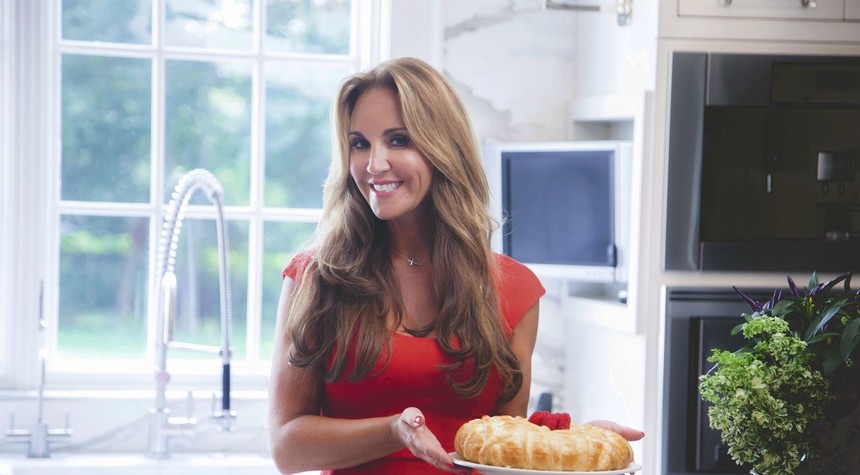There's a Growing 'Trad-Wife' Trend That's Making Feminists Furious
It started with young women half-joking about being angry with the feminist movement for “liberating” women so they now have to get up to go to work to pay their own bills.
The BBC made a skit off the back of this complaint that, while meant as a joke, ended up being a perfect way that described how many women felt about their “liberation.” They say the left can’t meme, but this skit proves they can do so ironically.
Then a trend on TikTok began emerging that gained traction very quickly. It was women simply posting their daily lives as traditional housewives. They cooked, they cleaned, they looked nice for their breadwinning husband, and they took care of the children during the day.
It’s a trend being called “tradwife.”
As you can see in some of the TikToks, there are quite a bit of aesthetic choices taken from the 1950s, from the hairstyles to the manner of dress.
You know in the western world of the modern day, this wasn’t going to fly with many, many people, namely women. The reasons are varied. Some are wives who don’t want their husbands to see a woman doing something that would make them look bad or set “unrealistic expectations” about their marriage while some called this TikTok content a “kink.”
But for feminists, this trend is dangerous because it invites a return to the sexism and racism of old. As Fox News reported, various mainstream publications have now jumped on the trend, attempting to discredit and excoriate it as evil:
“The new trend for submissive women has a dark heart and history,” reads one headline from The Guardian.
An article from Hypebae slapped the videos as “disturbing,” writing “[they] typically feature a cis straight white women, longing for the ’50s – an era where some women could opt out of participate in the corporate working world and be stay-at-home mothers instead.”
And a third from Grazia magazine accused the trend of “romanticizing an era where sexism and racism ruled.”
But is it? Not according to the young women who engage in it. According to them, while they may accept the “ultra-traditional” role that the woman’s place is in the home, they aren’t saying that other women need to follow their lead. They just chose this for themselves, especially after work/life balance became hard to maintain in the post-COVID age.
However, the media is acting as if this is a contagion that needs to be suppressed and destroyed ASAP. People on TikTok are going after these women as if they were social pariahs, denouncing and belittling them at every turn.
While I won’t deny that there are some performative aspects to this growing TikTok trend, as I suspect everything on TikTok to be at least a little theatrical, I don’t see these women looking down on others for not being like them. Moreover, I don’t see them spreading or endorsing any kind of evil. There are bad apples in every tree, but I haven’t seen enough to convince me this is the breeding ground of racism and bigotry like some have claimed.
The question I have to ask is why these people are reacting so negatively to this traditional wife trend.
The answers are nuanced from group to group, but they all share the common thread of being threatened by these women. Why are these women so threatening?
Because men, for the most part, love the idea of a traditional wife, and for many young women, being in a committed relationship is one of their heart’s greatest desires. If they find out that this is what men like, then they’ll begin the process of making themselves into more traditional women.
And more traditional women don’t really have too much time for feminist ideals, and women who don’t have time for feminist ideals don’t tend to be easily swayed to advocate for certain political policies. It’s definitely a lot harder to instill those political positions into their children as well.
When the mainstream left and its feminist allies say there’s a danger…that’s the danger.
At the end of the day, the choice to be a traditional housewife or a working woman is up to the individual. Every choice has its pros and its cons and each person handles these aspects differently.
But there is no denying that traditionalism when it comes to homemaking has a particular magic to it that seems fulfilling. Men love being breadwinners and having loving, caring wives. Women want to feel safe, provided for, and admired. The nuclear family scratches all of these itches and traditionalism seems to intensify the validation for a growing number of women.





Post a Comment